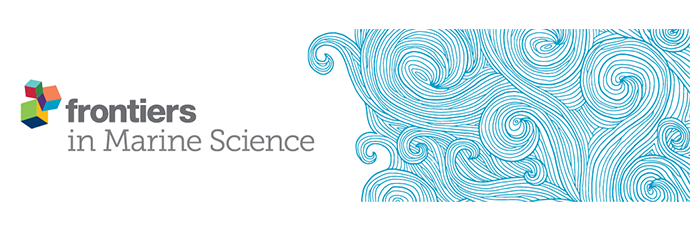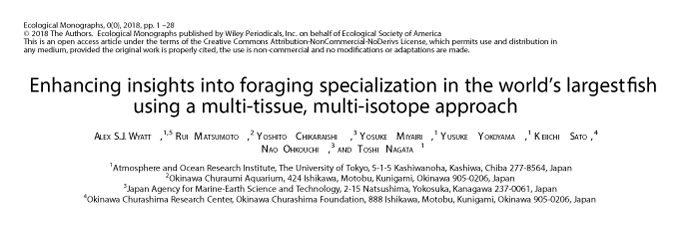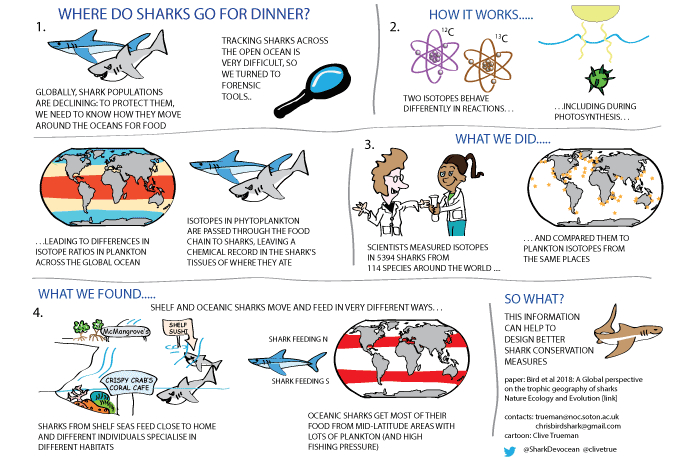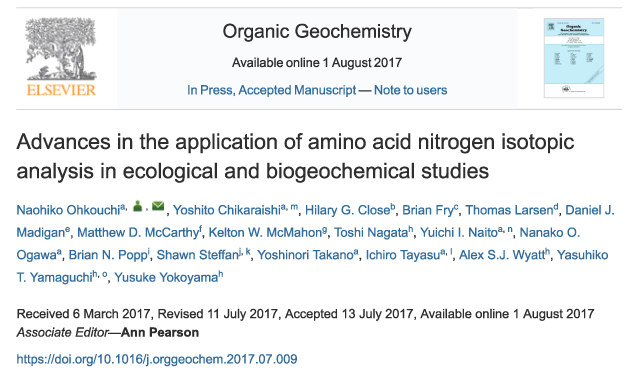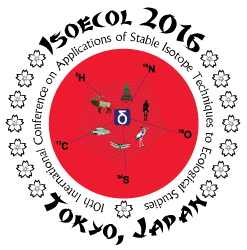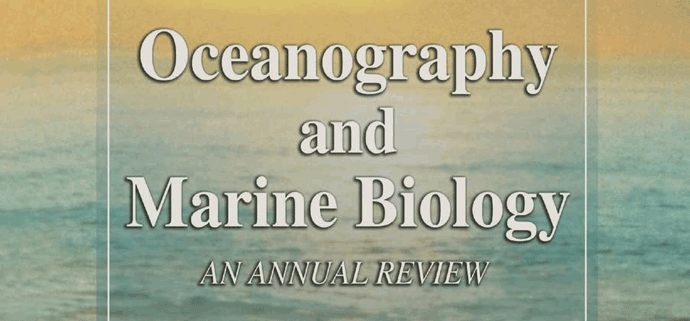
New review paper on the use of isotopes on coral reefs (Skinner et. al., OMBAR)
Progress and Direction in the Use of Stable Isotopes to Understand Complex Coral Reef Ecosystems: A Review C. Skinner1, M.R.D. Cobain2,3, Y. Zhu2,4, A.S.J. Wyatt1, N.V.C. Polunin2 1Department of Ocean Science and Hong Kong Branch of the Southern Marine Science and Engineering Guangdong Laboratory (Guangzhou), | Click for More →




